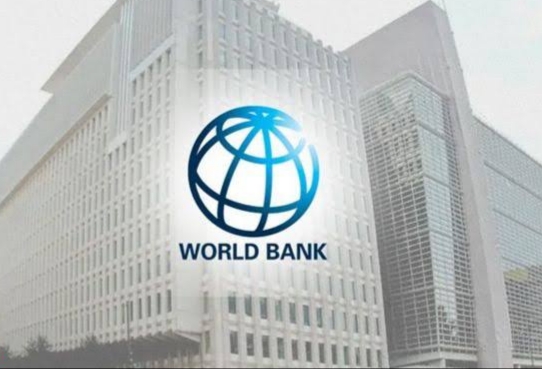Staff Correspondent
Published:2023-11-01 22:16:57 BdST
WB approves $210mn for nutrition project
The World Bank’s Board of Executive Directors on Tuesday approved $210 million for the Bangladesh Enhancing Investments and Benefits for Early Years (BEIBEY) Project to provide cash transfers and counseling services to improve nutrition and directly benefit about 1.7 million pregnant women and mothers of children under 4 years of age in vulnerable households.
Under current education and health systems, a child born today in Bangladesh would only be 46 percent as productive as they could potentially be,” said Abdoulaye Seck, World Bank Country Director for Bangladesh and Bhutan.
“But this can be changed. Ensuring adequate nutrition prenatally and in the first 1000 days of life, and responsive caregiving throughout childhood, help maximize a child’s brain development and health. This enables them to be more productive and earn more when they grow up. The project will help poor mothers be informed on timely and appropriate care for their children and provide income support to act on that learning to improve their children’s health and wellbeing.”
Despite significant gains in human development, poor nutrition and learning poverty among children remain a pressing challenge in Bangladesh and were exacerbated during Covid lockdowns.
This has long-term implications for children’s cognitive development and their future productivity.
The project will contribute to early childhood development by supporting the expansion and strengthening of the government’s existing social protection program, the Mother and Child Benefit Programme (MCBP).
“Poverty, parental distress, and lack of age-appropriate engagement and stimulation are some of the key risks that jeopardize children’s optimal development,” said Aneeka Rahman, World Bank Senior Social Protection Economist and Team Leader for the project.
“Supporting children from the earliest stages, including proper nutrition and healthcare for pregnant women, can greatly boost Bangladesh's economic and demographic potential. Investing early in a child's life, especially during their crucial developmental years, can lead to significant benefits for the entire nation.”
The project is financed by a credit from the World Bank’s International Development Association (IDA), which provides concessional financing, and has a 30-year term with a 5-year grace period.
The World Bank was among the first development partners to support Bangladesh. Since independence, the World Bank has committed about $40 billion in grants, interest-free and concessional credits to the country.
Currently, Bangladesh has the largest IDA program in the world with a total of $16.46 billion commitment to 57 ongoing projects.
Unauthorized use or reproduction of The Finance Today content for commercial purposes is strictly prohibited.


